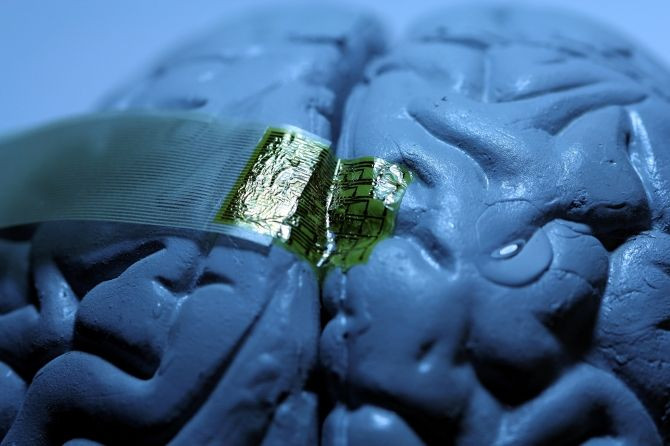Could Stimulating the Brain Provide the Cure for Obesity?

Researchers from Ohio State University and the University of Southern California think that they may have a reason as to why the obesity epidemic seems so intractable – we are just not treating it correctly. By stimulating certain areas of the brain, they theorize, we can prompt the body to combat obesity on its own.
Obesity is a huge problem for the United States, and a growing one worldwide. Colorado, supposedly the fittest state, counts 20 percent of its residents as obese. In Mississippi, which is currently the state with the most obesity, nearly 35 percent of residents are obese. In total, two-thirds of Americans are overweight or obese. The World Health Organization reports that 1.5 billion adults are overweight and 500 million are obese. As many as 300,000 deaths in the United States can be attributed to obesity.
Science, and common sense, states that weight gain or loss is impacted by the amount of calories you take in, minus the amount of calories you give out. In other words, if you eat 100 calories, and then burn those 100 calories via exercise, you will gain no weight. But in studies that attempted to modify diet or exercise, weight loss was extremely limited – 6 to 30 pounds for diet, and 1 to 9 pounds for exercise. Considering that an extremely obese man would have 280 pounds on a 5 foot-10 inch frame, a difference of 9 pounds is underwhelming. Pharmacological attempts at reducing obesity have been disappointing as well.
The majority of pills sold to combat obesity's underlying problems have been taken off the shelves (although the FDA has approved two drugs this year in an attempt to stem the tide). Bariatric surgeries, too – like the lap band and gastric bypass – come with a load of complications and a significant portion of people who get them relapse.
Dr. Alexander Taghva and his colleagues point to brain research for help. Previous research has come to the conclusion that the reward circuitry in brains of obese people is wired differently than in people who are not obese. In addition, obese people are also more impulsive, similar to the behavior of people with drug, alcohol, and gambling addictions. Researchers have also found that the insula may play a role in obesity which impacts the perception of taste.
In the 1970s, an experiment provided high-frequency deep brain stimulation to mice and found that it led to weight loss and decreased appetite but the results were mixed. Low-frequency stimulation was found to lead to weight gain and increased appetite. A later study, recreated with human subjects, in 1974 found that people regained any lost weight.
But the paper's authors still have faith in it. Deep-brain stimulation is currently in use for people with Parkinson's disease, as well as OCD and severe depression. The researchers believe that stimulation at just the right frequency could provide the answer and that the treatment should be more clearly explored.
The study was published in the journal Neurosurgery.
Published by Medicaldaily.com



























